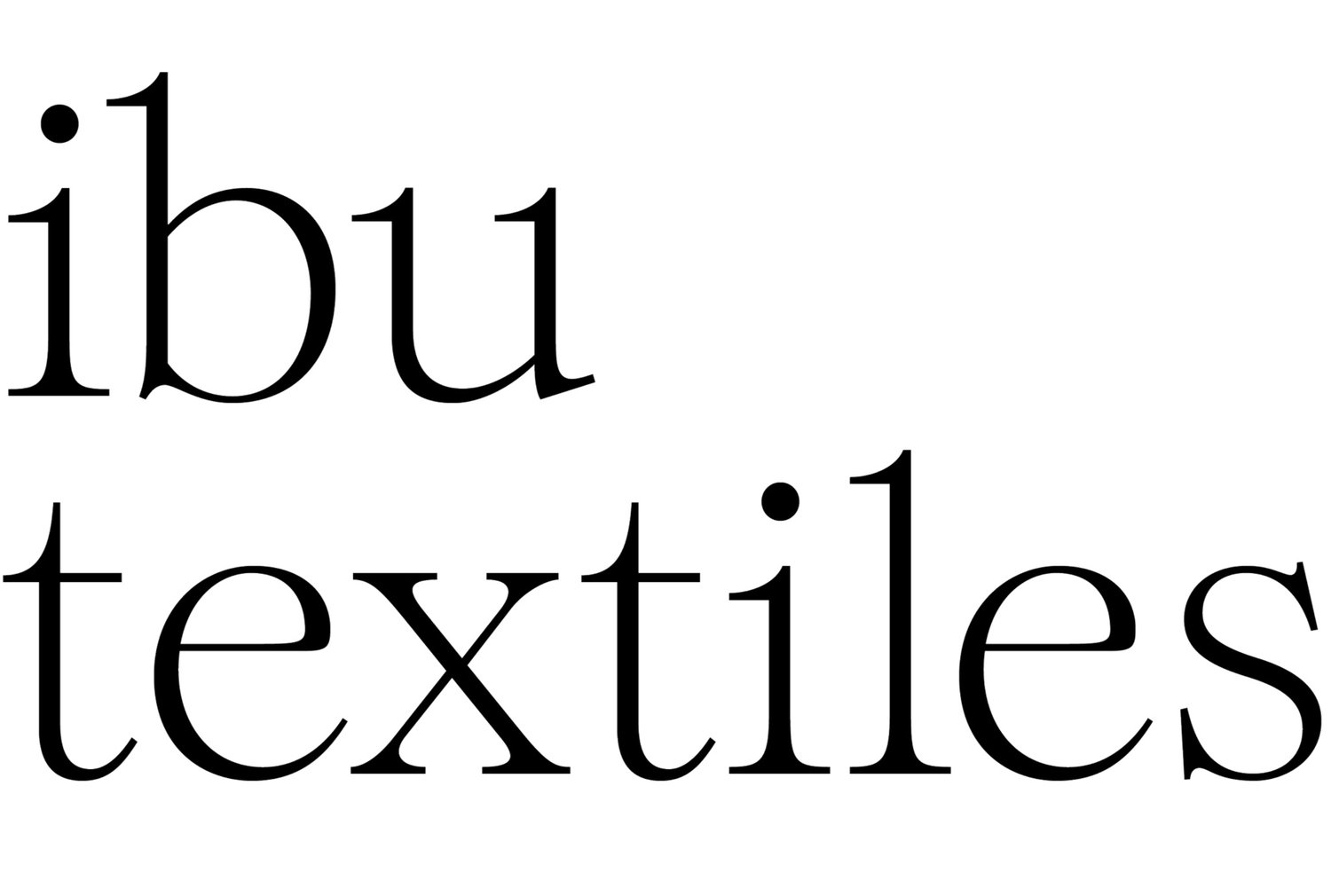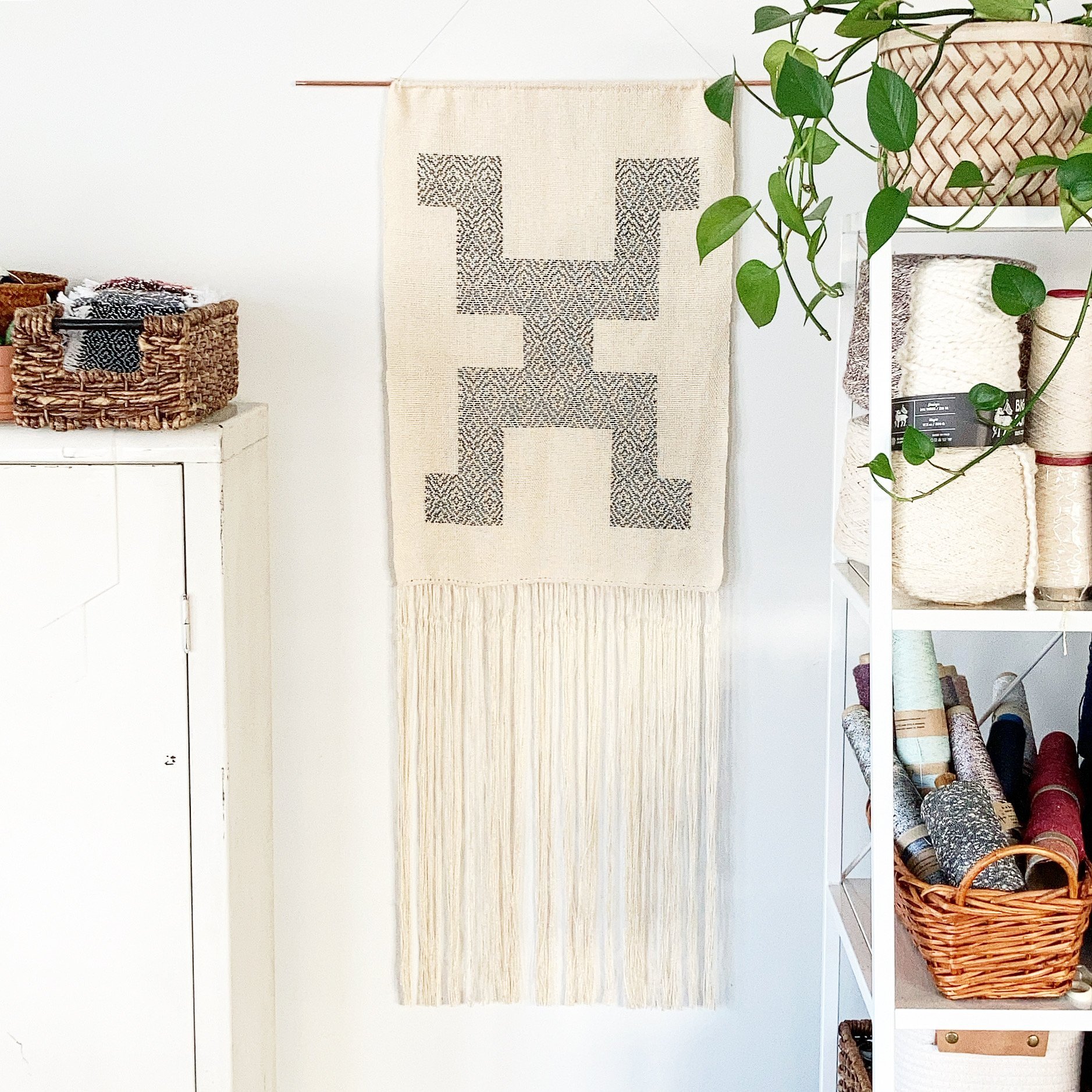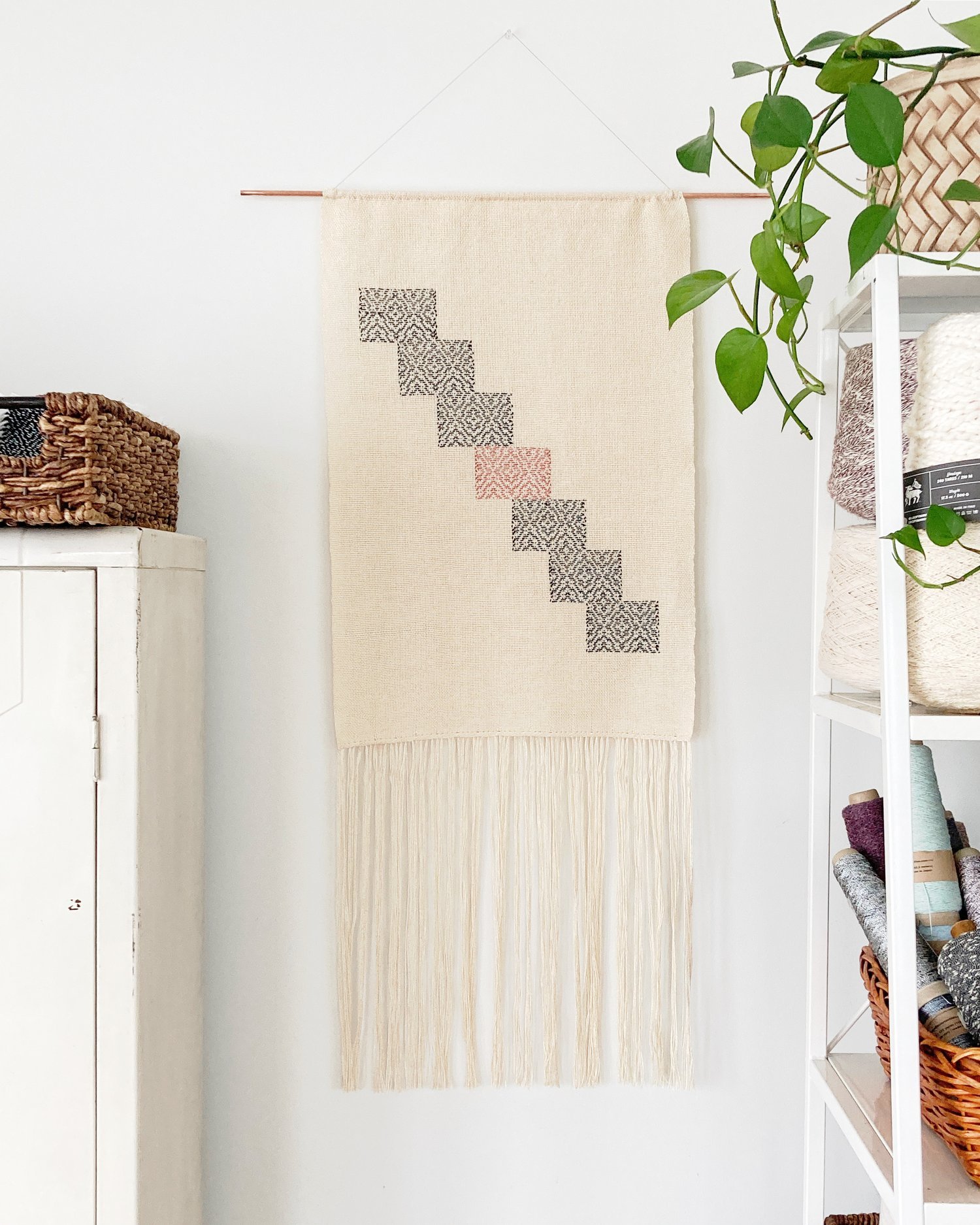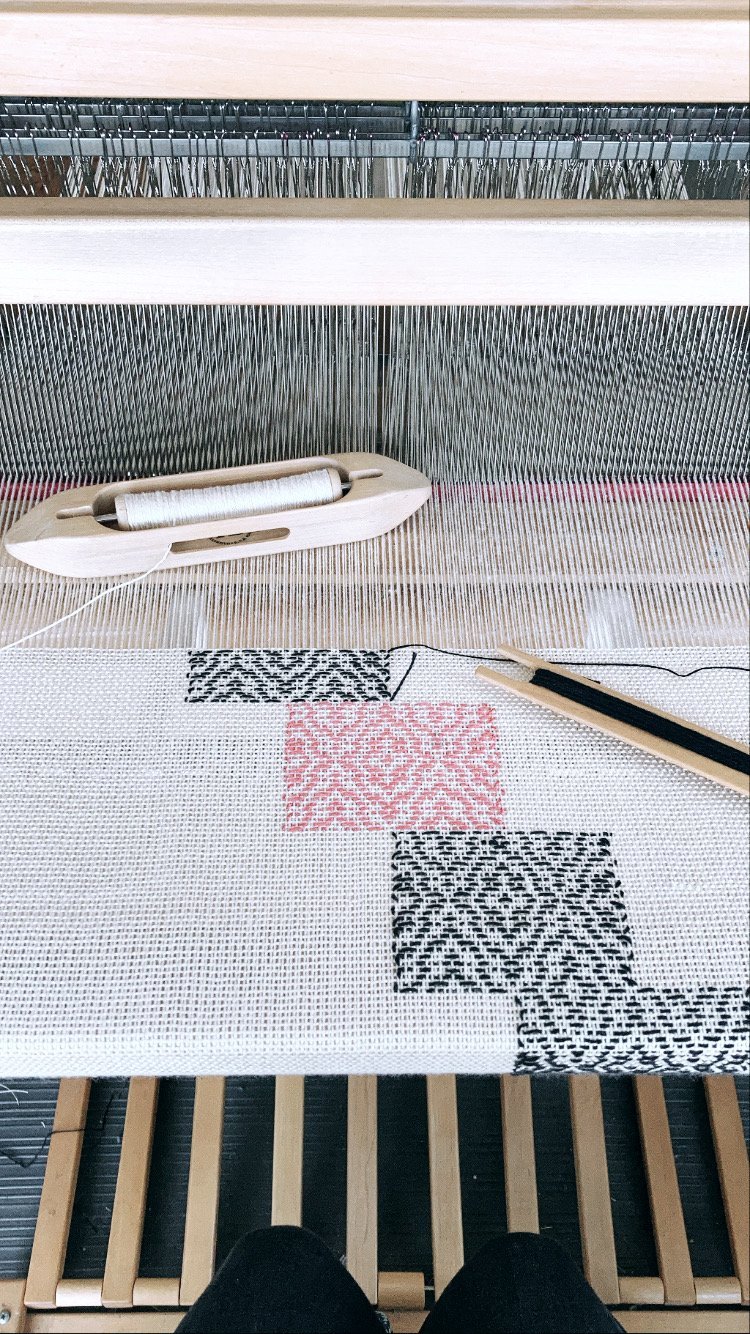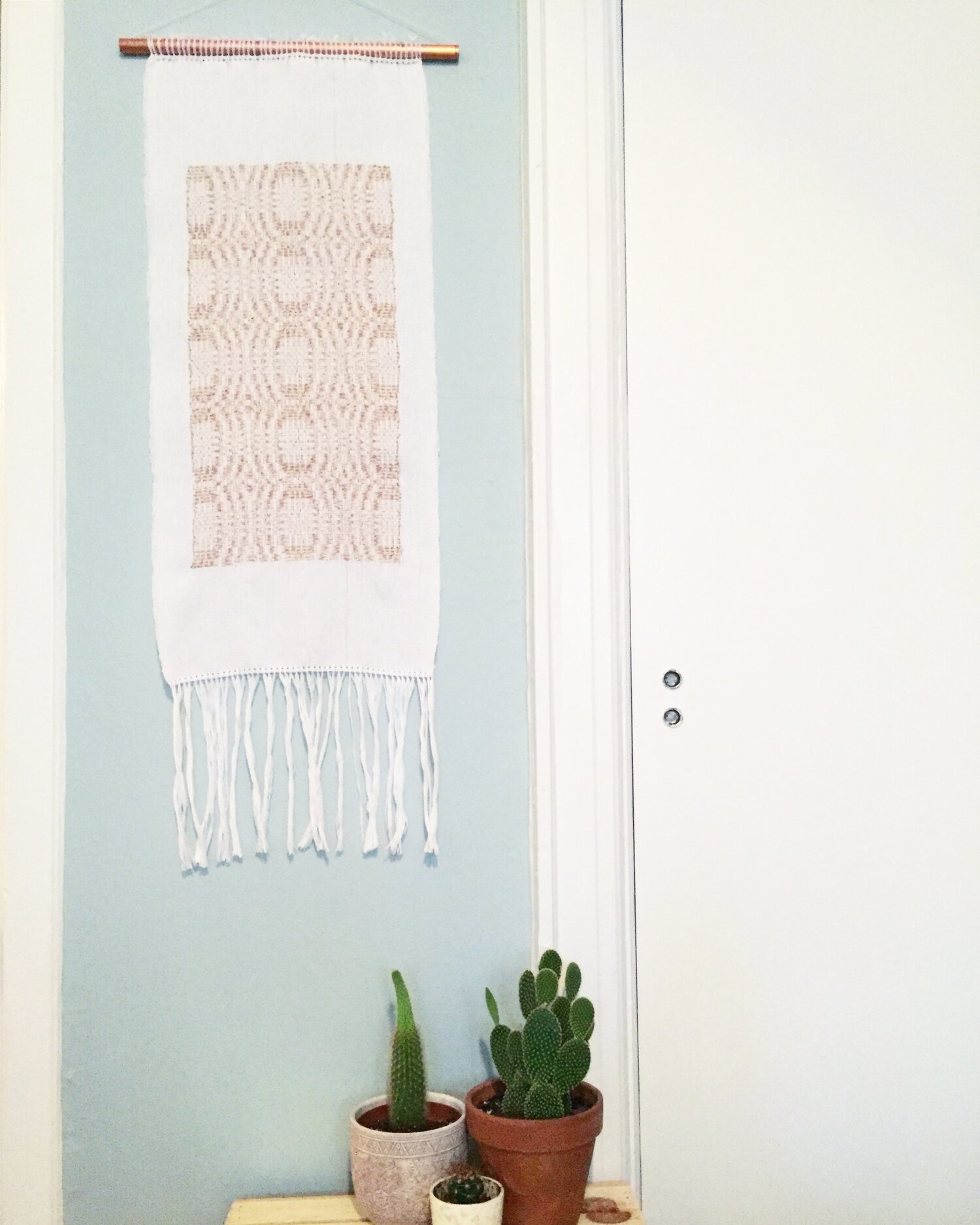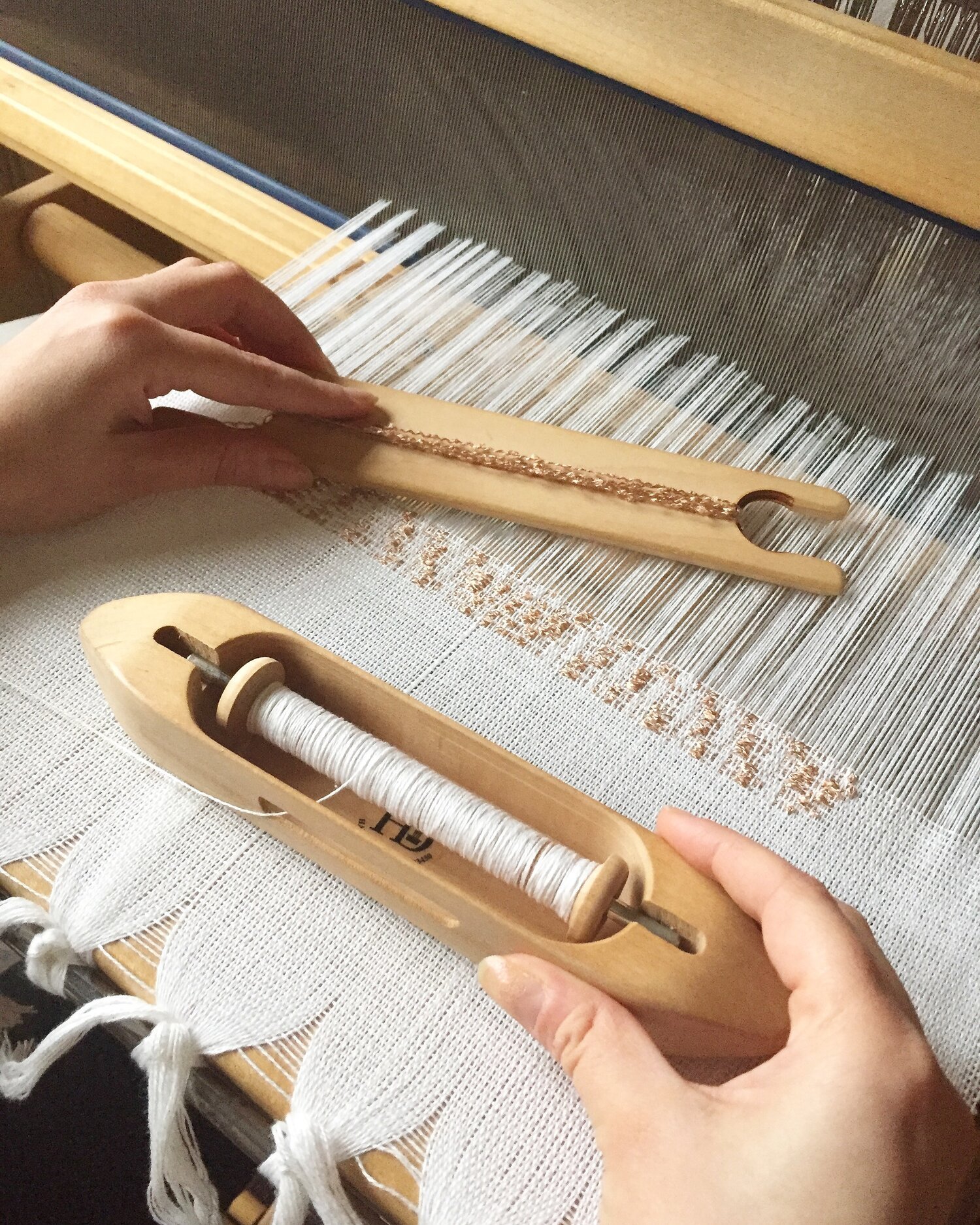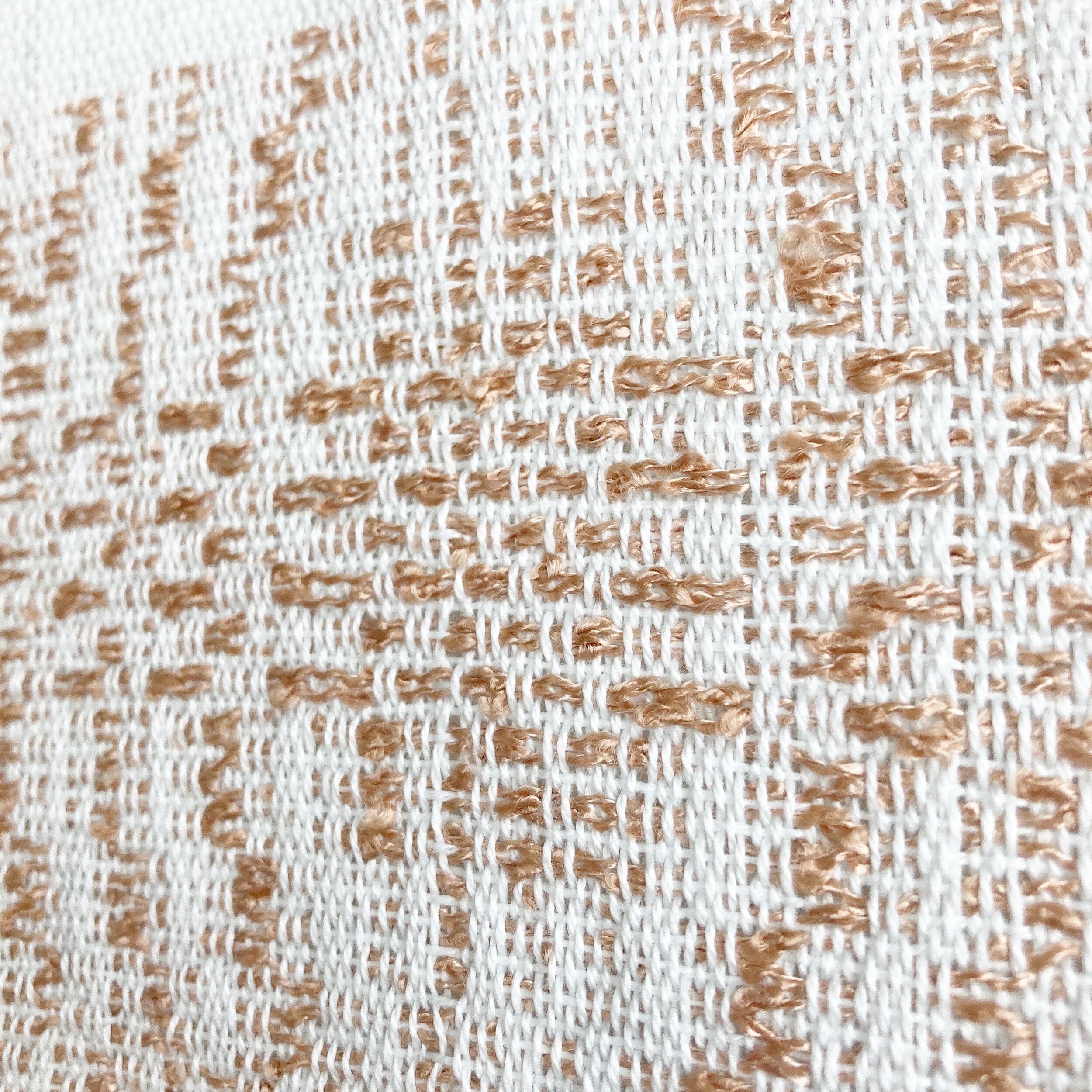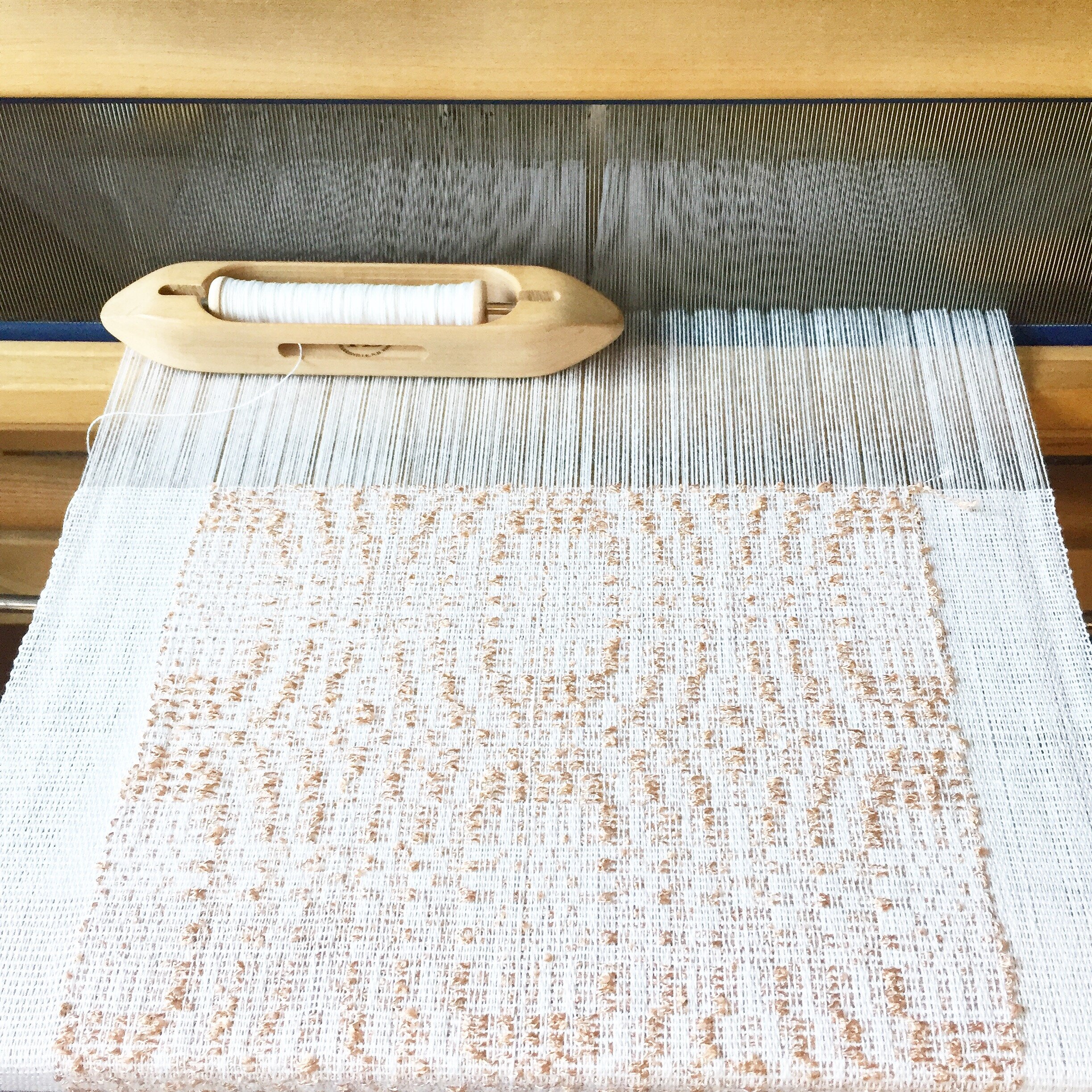Customer Reviews
★★★★★
Love the texture and energy it brings to my space!
“I recently purchased a large weaving from Ibu Textiles and it has been a lovely addition to my space. I love that it's made from recycled materials. The texture and energy it brings to my wall is just what I needed to add some depth and interest to my room. Highly recommend their pieces to anyone looking for high-quality and eco-friendly woven pieces for their home.”
+ Lauren B.
How it’s made
Step 1: Warping and Threading
The first step in weaving is to measure and warp the loom, then thread the heddles and reed to create the desired pattern. This involves carefully measuring the length and width of the piece and wrapping the yarn around the warping board. The warp threads are then transferred to the loom and threaded through the reed and heddles.
Step 2: Setting up for Weaving
Once the warp threads are in place, the next step is to tie them to the back beam and wind them tightly to ensure proper tension. This step is crucial to ensuring that the weave is even and consistent throughout the piece. Once the loom is set up and tensioned, the weaver can begin to weave the piece.
Step 3: Weaving and Finishing
With the loom set up, it's time to start weaving! This involves threading a bobbin and using it to interlace the weft yarn over and under the warp threads to create the desired pattern. Once the weaving is complete, the piece is removed from the loom and hemmed to finish the edges.
Want to learn how to weave your own one-of-a-kind textiles?
Reach out to learn more about private lessons!
Made with Sustainable Materials
Recycled Cotton
We use recycled cotton, a soft and breathable natural fiber that is easy to care for and versatile in its uses.
Linen
Made from the stems of the flax plant, linen is a strong and durable fiber that is highly absorbent and breathable.
Bamboo
We use bamboo, a soft and silky fiber made from the pulp of bamboo plants. It is highly sustainable as bamboo is a fast-growing plant that requires no pesticides or fertilizers to grow.
Wool
We use wool, a natural fiber that is soft, warm, and highly durable. It is a renewable resource and can be sourced sustainably from sheep that are treated humanely and ethically.
